
12 Character Writing Tips for Fiction Writers
Characters are the heart and soul of every story. Almost every great story is about people. Plot, setting, theme, and other elements of fiction are secondary to realistic characters that an audience can connect with on an intellectual or emotional level. There are exceptions, of course. Some readers enjoy plot-driven stories, but they never seem…Read More

How to Write Better Stories
This post contains affiliate links. You know that feeling you get when you read a novel and become completely lost in it? You can’t put it down, so you lose track of time. When you finally finish, you wish it would just keep going. Isn’t that the kind of story you want to write? Over…Read More

Stock and Cloned Characters in Storytelling
I was recently reading a novel, and a few chapters in, I realized I had mixed up two of the main characters. In fact, I had been reading them as if they were a single character. I’m a pretty sharp reader, and this has never happened before, so I tried to determine why I’d made…Read More

Archetypal Characters in Storytelling
The hero, the mentor, the sidekick. We’re all familiar with archetypal characters in storytelling. We’ve seen them before. We know the roles they play. Archetypal characters shouldn’t be confused with stock characters or stereotypical characters. Although we’ve seen all these characters before and will surely see them again, stock and stereotypical characters are based on…Read More
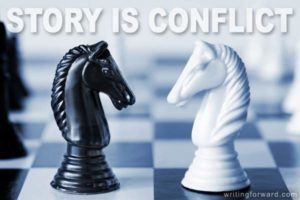
Story is Conflict
If a story were a bus, conflict would be the driver. Conflict steers a story, moves it forward, reverses it, stops it in its tracks, and slows or accelerates the pacing. More importantly, conflict keeps readers glued to the page. Readers want to see how the characters will deal with conflict. Will they find solutions…Read More

Five Things Your Characters Need
Many writers and readers will agree that the most important element of any story is its characters. There are certainly exceptions: some plot-driven stories are quite compelling and successful. However, readers form their deepest connections to stories through the characters by developing relationships with them and caring about what happens to them. Naturally, we want…Read More
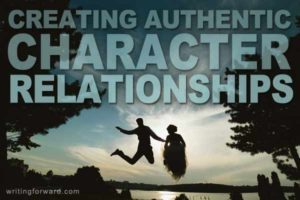
Creating Authentic Character Relationships
As storytellers, we often look for ways to make our characters as lifelike as possible: we give them internal struggles, external goals, difficult challenges, and hard choices to make, all while raising the stakes and doling out consequences for every action our characters take. Today let’s examine an oft-overlooked element of storytelling: character relationships. I…Read More
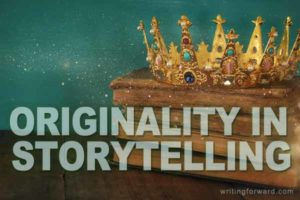
Originality in Storytelling
Most storytellers strive to write fresh, original stories. They’re hoping to come up with an idea that’s never been done before. Is that even possible? Most stories are built with universal structures, or they use elements that can be found in the plethora of stories that already exists. That’s why readers can often predict the…Read More
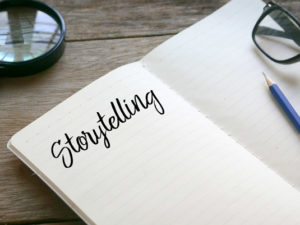
Plot vs. Character in Storytelling
Have you ever struggled with a story idea only to give up because it seems like every plot has already been done? Maybe you focus on character development to make up for a weak or formulaic plot. Or maybe you focus on plot, only to end up with characters that feel flat, stereotypical, or unsympathetic. Some stories…Read More
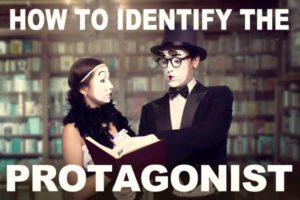
How to Identify the Protagonist in a Story
This post contains affiliate links that earn commissions from qualifying purchases. In most stories, the protagonist is obvious: Harry Potter, Lisbeth Salander, and Katniss Everdeen are unquestionably the protagonists of their respective stories. But sometimes the protagonist isn’t so obvious. In some cases, a false protagonist is planted to intentionally mislead the audience, but the…Read More



